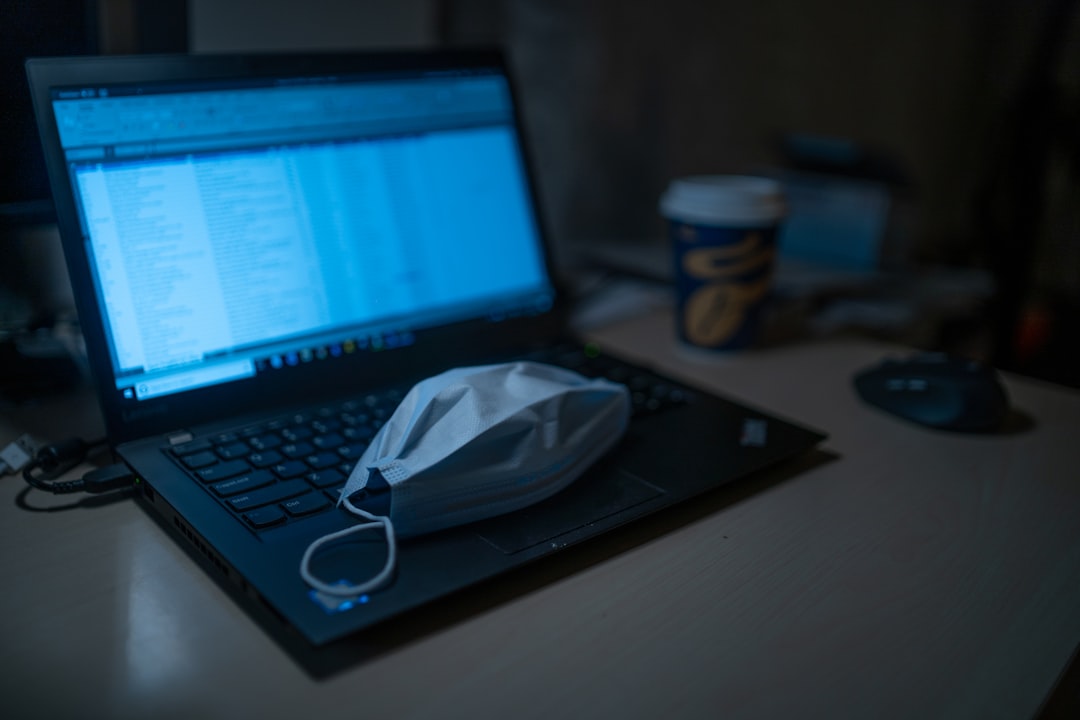716 reads
Takeaways from Sequoia Capital's Black Swan Memo
by
March 16th, 2020
Founder @ Human+Business. Content marketing @ Reedsy, Writer @ Truth Cartel. Startups & tech.
About Author
Founder @ Human+Business. Content marketing @ Reedsy, Writer @ Truth Cartel. Startups & tech.
